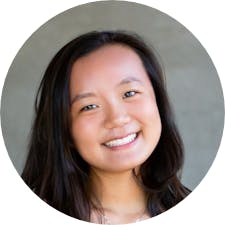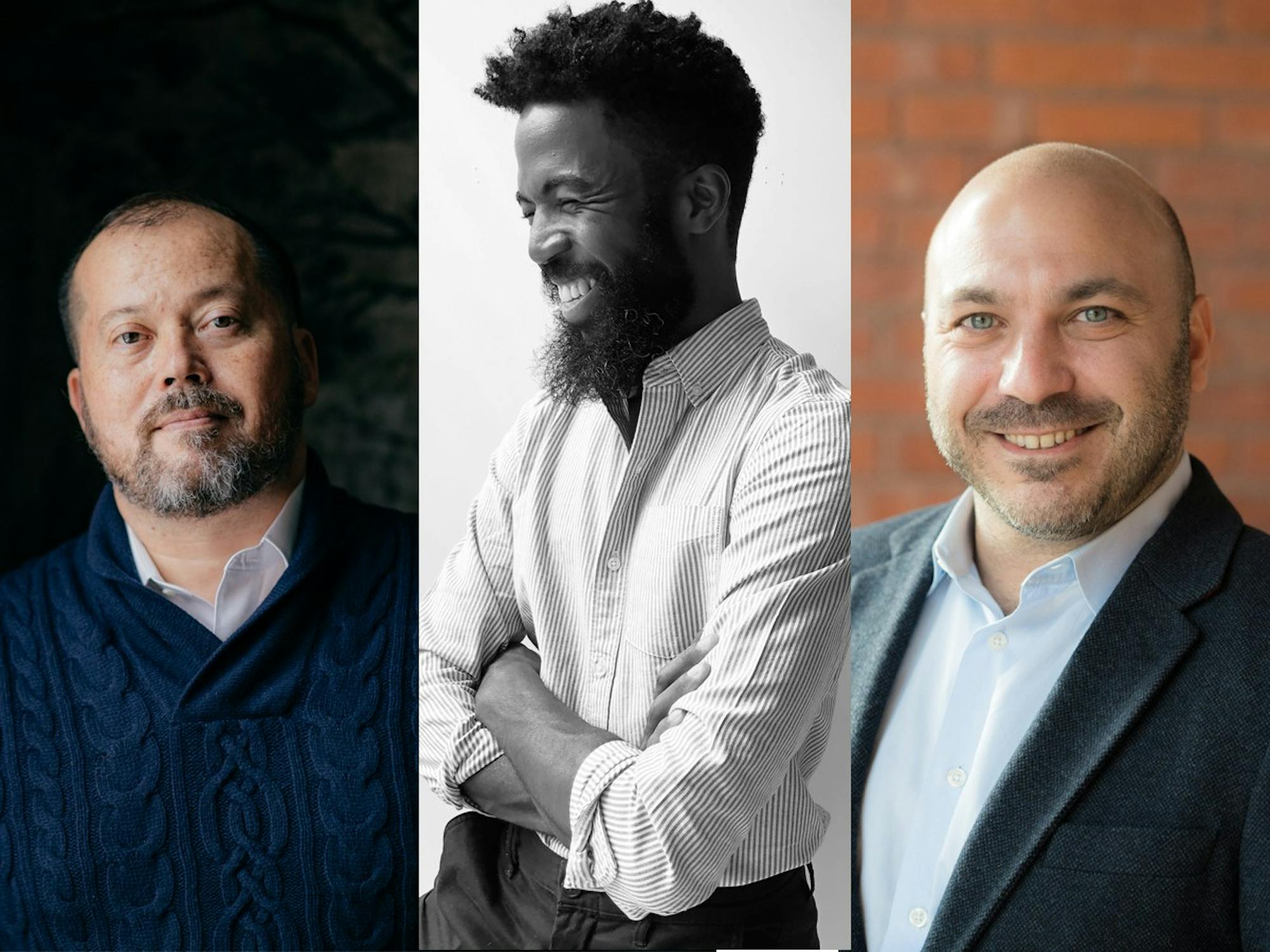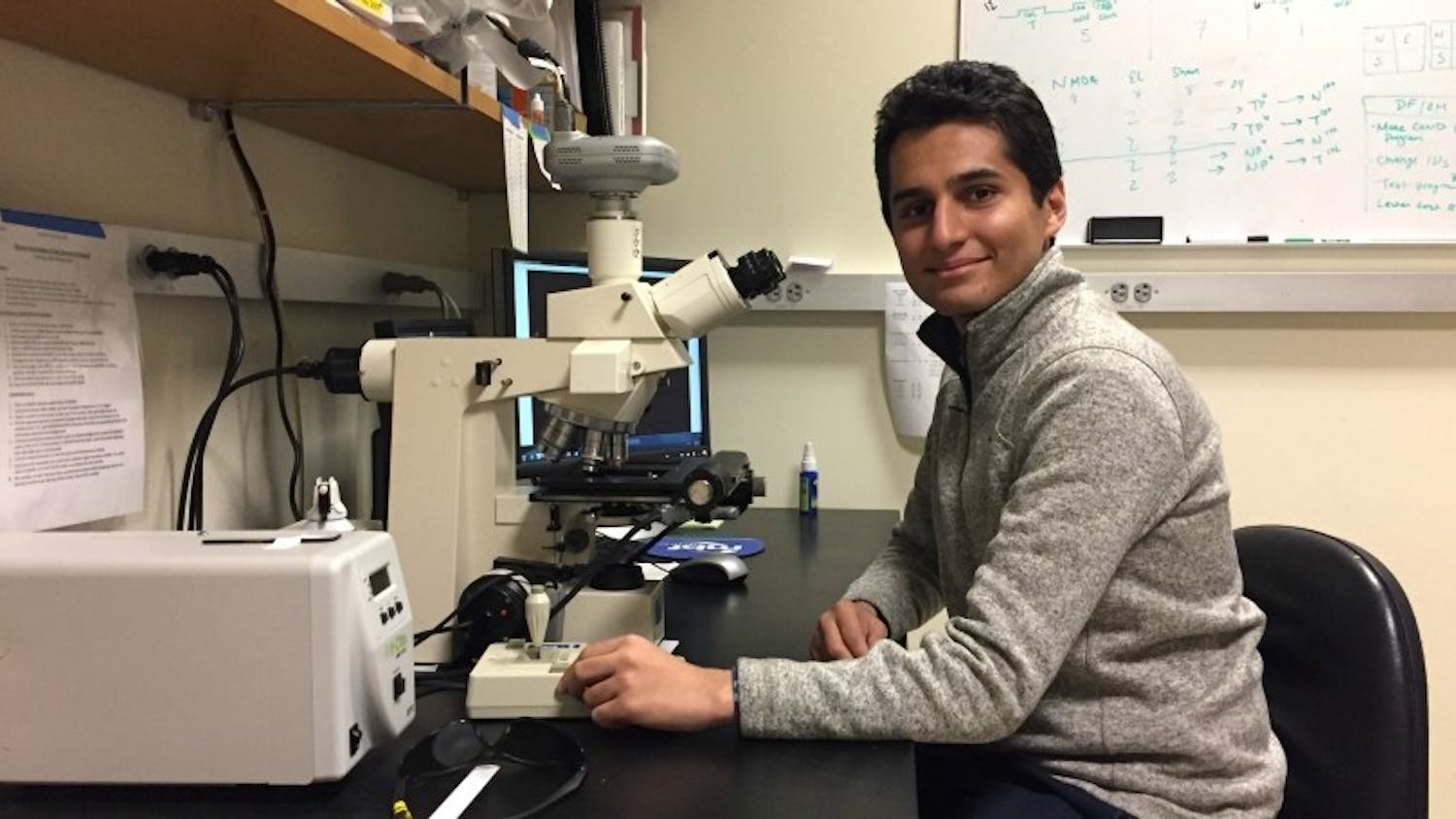Three Dartmouth faculty members — English and creative writing professor Joshua Bennett, English and creative writing professor Alexander Chee and Middle Eastern Studies professor and department chair Tarek El-Ariss — have been selected by the John Simon Guggenheim Memorial Foundation to receive the Guggenheim Fellowship. According to the foundation’s website, the fellowship recognizes “exceptional capacity for productive scholarship or exceptional creative ability in the arts.”
Of nearly 3,000 applications, 184 Guggenheim Fellowships were awarded this year. The winners, announced on April 8, were chosen by a committee after a review by former Guggenheim Fellows in their corresponding fields, according to the foundation’s website. All three professors have opted to take a prestigious award leave from the College and will step away from their teaching roles for one year to immerse themselves in research and writing, aided by a grant from the Guggenheim Foundation.
“I’m honored in no small part by the company of this particular class of Guggenheim Fellows, but also just by the tradition of people that have won the award,” Bennett said.
Bennett was one of two recipients of the American Literature fellowships. He plans to use the funding to complete his forthcoming non-fiction book “Spoken Word: A Cultural History,” which he has been working on for several years.
Set to come out in 2022, “Spoken Word” will follow the rise of spoken word as a genre, a 50-year history spanning from the late 1960s to the 2010s. Bennett said he plans to paint a picture of spoken word-centered institutions such as the Nuyorican Poets Cafe, Chicago’s Green Mill Cocktail Lounge and the Button Poetry YouTube channel.
“I’m really interested in the meteoric rise of the genre within that time window, especially in the spaces where young people have brought the form to life and have continued to sustain it,” Bennett said.
Bennett said the idea for his project developed when he realized the lack of and need for a popular book focused on the history of spoken word poetry written from the perspective of someone currently involved in the art form. Coming out of college, Bennett’s personal experiences attending youth and college poetry slams influenced him to start his career as a poet.
Bennett added that the application process made him think about his work from a variety of angles.
“You really have to give an account of your career when you apply for the Guggenheim,” Bennett said. “It was a unique opportunity for me to think about myself not only as a scholar, but also as a poet, performer and in parts of the application, a college student.”
Director of GrantGPS — Dartmouth’s grant proposal support initiative — Charlotte Bacon described Bennett as an “astonishing talent.”
“He writes poetry and nonfiction with equal distinction, so it was a delight to see the Guggenheim Foundation recognize him in the category of American Literature,” Bacon wrote in an email statement. “But Joshua is not only a wildly gifted writer, he is a devoted teacher and activist who shares his passions with tremendous generosity and deep humanity. It’s an honor and an inspiration to be his colleague.”
Bennett dedicated the book to his recently born son August Galileo and said that he is looking forward to spending more time with his son as he takes off the next year to write.
Chee was one of 10 recipients of the Guggenheim Fellowship in the General Non-Fiction category. Chee said the idea for his project began when his editor at The New York Times Magazine asked him to find a way to write an article for a special issue about how the end of WWII impacted Korea.
The focus of Chee’s book — the working title of which is “The Calligrapher’s Grave” — will be to examine the legacy of Japanese colonization in relation to his own family. Chee said he was very interested in how South Korea educated itself and its citizens on how to be Korean again.
Chee, who noted he had applied for the fellowship a number of times over the years, said it is rare to receive the Guggenheim Fellowship the first time one applies.
“For many of us who are writers and scholars applying for it, [the Guggenheim Fellowship] becomes something you almost don’t expect because you might apply so often and not get it,” Chee said. “For me, receiving it was a surprise and has become increasingly a way for me to reflect on what place I’m at in my career right now. This is a very important mid-career grant.”
Chee said he will use the grant to conduct research at archives in Boston and New York, as well as Seoul and his grandparents’ ancestral home in South Korea. He added in a written statement that while on leave, he will also conduct research for another book he is working on with funding from a USA Fellowship from United States Artists, an organization that funds artists across the country.
In an email statement, English and creative writing professor and director of creative writing Jeff Sharlet called Chee and Bennett “two deeply innovative writers working across genre and form, speaking to matters of urgent concern and histories too often obscured.”
“I can speak for the whole department when I say we’re absolutely thrilled for Professor Chee and Professor Bennett, and by this splendid confirmation of what we and so many of their other readers see in their brilliant work,” Sharlet wrote. “Guggenheim [awards] mean we lose them for a short spell in the classroom, but we all reap the rewards of the writing that will come of this time.”
El-Ariss was one of three recipients of the Literary Criticism fellowships. He said that his book, with a working title of “Water on Fire: The Making of a Literary Scholar,” will be “a different way of telling the story of conflict in the Middle East,” one that delves into how individuals become literary critics of texts.
“It’s really overwhelming,” El-Ariss said. “I’m very happy and very humbled that the Guggenheim is recognizing this project as having merit.”
El-Ariss said that his work has been significantly influenced both by current events as well as by his own experiences growing up in Lebanon during the country’s 15-year civil war.
“The current climate that we are living in — with all the political and social upheaval — is what is inspiring me to want to write this book and to want to write it now,” El-Ariss added. “There is an urgency to explore new ways of interpretation and storytelling.”
Eric Forehand ’21 is currently working under El-Ariss as he supervises Forehand’s honors thesis on Lebanese wartime literature, one of El-Ariss’s areas of expertise.
“El-Ariss is an expert in his field, specifically in Arabic literature, and so it’s been a wonderful experience working with him,” Forehand said. “It’s a great honor to be able to have him as my professor, especially now that he’s won the Guggenheim Fellowship.”
Correction appended (Apr. 15, 2021): A previous version of this article incorrectly stated that Bennett’s son’s name is Galileo. The article has been updated to reflect that Bennett’s son is named August Galileo.





